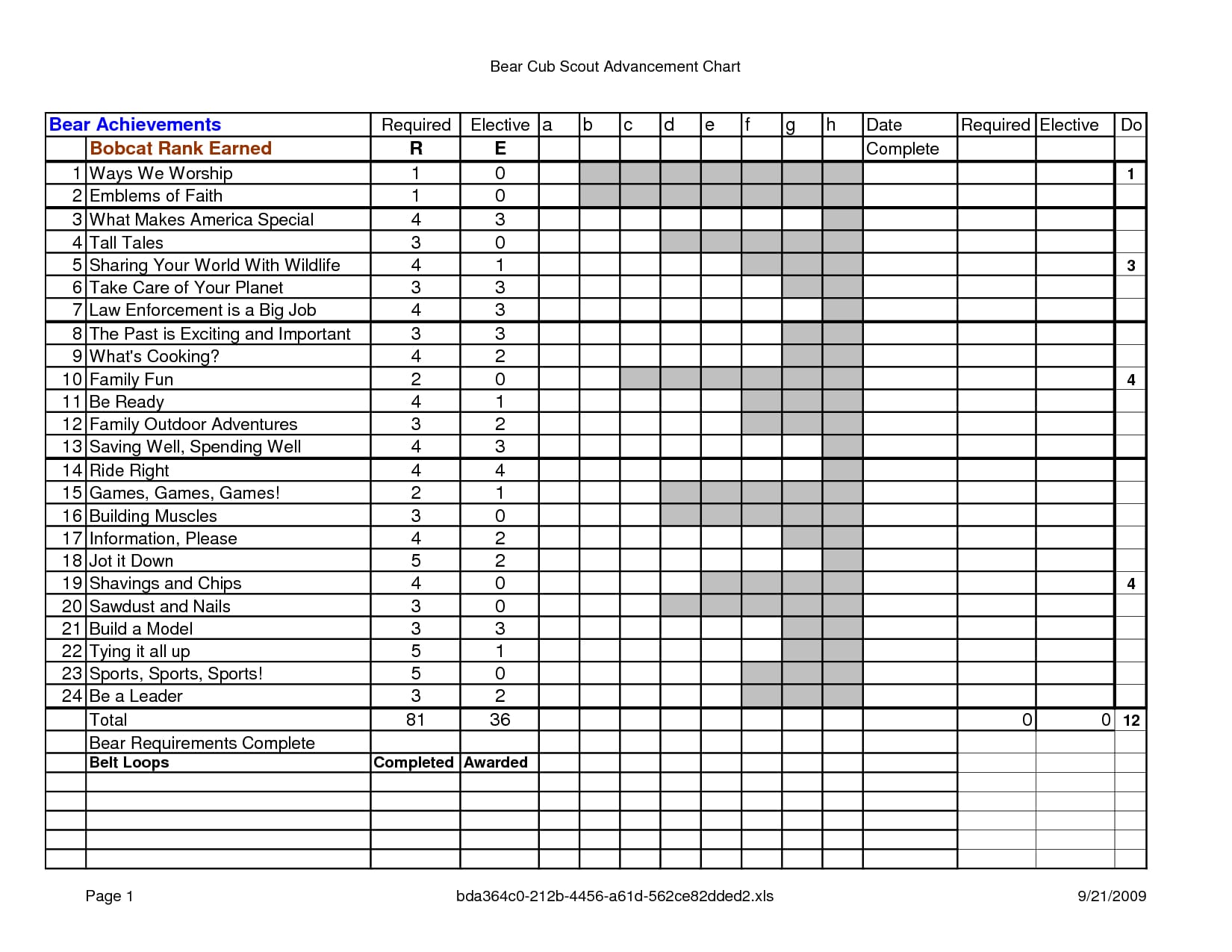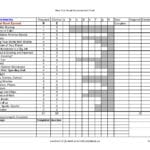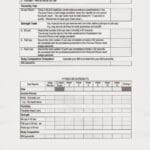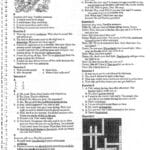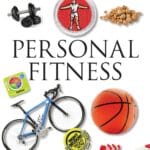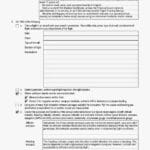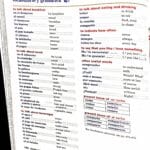Ready to transform your kitchen skills and earn the coveted Cooking Merit Badge? This comprehensive guide serves as your personal sous chef, leading you through the requirements and providing valuable resources for success in 2024. Whether you’re a seasoned cook or just starting your culinary journey, this guide equips you with the knowledge and confidence to achieve culinary excellence. Download our helpful [cooking merit badge workbook](https://www.lolaapp.com/cooking-merit-badge-workbook) to get started!
Why the Cooking Merit Badge Matters
This badge represents more than just cooking; it cultivates essential life skills applicable far beyond the kitchen. You’ll learn about meal planning, nutrition, food safety, and cooking techniques—valuable assets for a healthy and independent lifestyle. For aspiring Eagle Scouts, this badge is a required step on the path to achieving that prestigious rank.
Your Path to Culinary Success
Earning the Cooking Merit Badge involves several key steps:
Step 1: Prioritizing Food Safety
Before you begin cooking, it’s crucial to grasp the fundamentals of food safety. This includes understanding proper storage techniques, avoiding cross-contamination, and cooking food to the correct internal temperature. These practices minimize the risk of foodborne illnesses, which is especially critical in outdoor cooking environments. Handwashing is likely the most effective way to prevent contamination.
Step 2: Mastering Meal Planning
Effective meal planning is essential for providing balanced nutrition, whether you’re at home or on a camping trip. You’ll learn portion control, the MyPlate system for balanced meals, and how to calculate calorie requirements based on activity level. This also involves understanding diverse dietary needs and adapting meals for those with allergies or specific preferences.
Step 3: Exploring Cooking Techniques
From boiling and simmering to frying and baking, you’ll gain hands-on experience with a range of cooking methods. Understanding the nuances of each technique allows you to create a variety of dishes and achieve optimal results.
Step 4: Conquering Camp Cooking
Cooking in the outdoors comes with unique considerations. Limited equipment, variable weather conditions, and shared cooking responsibilities require adaptability and resourcefulness. You’ll learn safe food storage and sanitation practices specific to outdoor environments, adding a touch of magic to campfire cooking.
Step 5: Showcasing Your Skills
Demonstrating your culinary prowess by preparing meals for your patrol or family is a crucial part of the process. Careful menu planning, consideration of dietary restrictions, and resource management are essential. Don’t hesitate to explore new recipes and showcase your creativity while prioritizing food safety.
Tracking Your Progress: The Cooking Merit Badge Worksheet
Our cooking merit badge workbook serves as your personal cooking journal, aiding in organization and progress tracking. It helps you stay on top of requirements and provides a space to document your culinary adventures.
Resources and Support
Connect with other Scouts who have already earned the badge for valuable insights and tips. Online resources, libraries, and the Scout Handbook offer further information and inspiration.
The Value of the Cooking Merit Badge
Earning this badge represents more than just fulfilling requirements; it signifies acquiring valuable life skills, building self-confidence, and discovering the joy of creating delicious food. Embrace the challenge, have fun, and savor the rewards of culinary mastery.
What is the Cooking Merit Badge and Why Pursue It?
The Cooking Merit Badge is more than just a patch; it’s a foundational element of the Scouting experience, providing essential skills in cooking techniques, meal planning, nutrition, and even kitchen cleanup. It’s a valuable addition to any Scout’s toolkit, setting the stage for healthy eating habits and self-sufficiency.
Pursuing this badge offers numerous benefits:
- Lifelong Skill Development: Cooking is a practical skill used daily, from preparing simple meals to more complex dishes.
- Eagle Scout Requirement: This badge is a prerequisite for achieving the prestigious rank of Eagle Scout.
- Healthy Eating Habits: Learning about nutrition empowers Scouts to make healthier food choices.
- Self-Reliance: Cooking independently fosters self-sufficiency and reduces reliance on others for meals.
- Outdoor Preparedness: Camp cooking skills are vital for any outdoor enthusiast.
- Stress Relief and Community Building: Some suggest cooking can be therapeutic and sharing meals strengthens social bonds.
This badge empowers you to create delicious and nutritious meals, regardless of the setting. It cultivates independence, enhances outdoor preparedness, and fosters a deeper understanding of the connection between food and well-being.
| Benefit | Description |
|---|---|
| Essential Life Skill | Applicable to daily life, from basic meals to more elaborate cuisine. |
| Eagle Scout Path | A required merit badge on the journey to becoming an Eagle Scout. |
| Healthy Eating | Promotes nutritional understanding and the development of healthy eating habits. |
| Self-Sufficiency | Equips Scouts to prepare their meals independently, fostering self-reliance. |
| Outdoor Expertise | Enhances outdoor skills by teaching camp cooking techniques, crucial for camping and backpacking trips. |
Ongoing research continues to refine our understanding of nutrition, suggesting that personalized approaches and evolving culinary practices may shape the future of food. This badge encourages lifelong learning and exploration in the culinary world.
How to Use the Cooking Merit Badge Worksheet: Your Complete Guide
The Cooking Merit Badge Worksheet isn’t just a piece of paper; it’s your strategic companion on your culinary quest. It helps organize your progress, track your cooking endeavors, and provide evidence of your achievements to your counselor.
Deciphering the Requirements
The worksheet simplifies the badge requirements, outlining each step clearly:
- Meal Planning: Creating nutritious and balanced meals, considering dietary preferences and restrictions.
- Cooking Methods: Practicing various cooking techniques, expanding your culinary repertoire.
- Diverse Environments: Adapting your cooking skills to different settings, from home to the outdoors.
- Nutrition Knowledge: Understanding balanced diets and the nutrients needed for optimal health.
- Food Safety: Mastering safe food handling practices to prevent illness.
Cooking Techniques: Your Culinary Toolkit
The worksheet covers a variety of cooking methods, providing ample opportunity for exploration:
| Cooking Technique | Description | Worksheet Activities |
|---|---|---|
| Baking | Cooking with dry heat in an oven. | Baking a cake, roasting vegetables |
| Boiling | Cooking in bubbling water. | Cooking pasta, boiling potatoes |
| Broiling | Cooking with direct, high heat. | Broiling chicken, toasting bread |
| Pan-Frying | Cooking in a skillet with oil. | Pan-frying fish, sautéing vegetables |
| Simmering | Cooking in liquid just below boiling. | Making a sauce, simmering soup |
| Steaming | Cooking with steam. | Steaming vegetables, dumplings |
| Microwaving | Cooking with electromagnetic waves. | Heating leftovers, steaming rice |
| Grilling | Cooking over direct heat on a grill. | Grilling burgers, vegetables |
| Foil Cooking | Wrapping food in foil and cooking over heat. | Campfire packets, cooking fish in foil |
Nutrition: Fueling Your Body
The worksheet emphasizes understanding nutrition, including meal planning, balanced diets, and food safety.
Safety First: A Crucial Element
Safety is paramount, especially in cooking. The worksheet guides you through safe practices, including fire safety, food storage, and sanitation.
Real-World Application
The Cooking Merit Badge equips you with skills applicable throughout life, preparing you for various cooking scenarios and fostering independence. Nutritional science constantly evolves; this badge is a starting point for continued learning and exploration.
Meal Planning for the Cooking Merit Badge: Tips and Resources
Meal planning is a cornerstone of the Cooking Merit Badge. It involves creating a roadmap for your culinary journey, whether you’re at home, camping, or on the trail. Download our free Cooking Merit Badge Workbook for a head start!
Understanding the Expectations
Planning and cooking at least 16 meals (3 breakfasts, 3 lunches, 3 dinners, 1 dessert, and trail/backpacking meals) is a key requirement. These meals should be nutritionally balanced, incorporating foods from different food groups, and adapted to the specific cooking environment. Demonstrating diverse cooking techniques is also essential.
Streamlining Meal Planning
- Prioritize Nutrition: Focus on creating meals that provide the necessary energy and nutrients.
- Embrace Variety: Experiment with different flavors, cooking methods, and cuisines.
- Accommodate Dietary Needs: Consider allergies and specific diets when planning meals.
Strategies for Different Scenarios
- Home Cooking: Utilize available appliances and fresh ingredients to your advantage.
- Camp Cooking: Prioritize portability, practicality, food safety, and proper storage.
- Trail Cooking: Opt for lightweight, non-perishable foods that provide sustained energy.
Valuable Resources
- The Scout Handbook: A comprehensive guide packed with meal ideas and instructions.
- Online Resources: Explore websites and communities dedicated to Scout cooking for recipes, tips, and meal planning tools.
- Local Library: Access cookbooks, magazines, and online databases for recipe inspiration and nutritional information.
Key Takeaways
Meal planning is a crucial component of the Cooking Merit Badge and a valuable life skill. Focus on nutrition, variety, dietary considerations, and the specific cooking environment when crafting your meal plans. Research suggests that planning meals ahead of time can promote healthier eating habits, save money, and reduce food waste. This badge serves as a stepping stone to a lifetime of culinary exploration. If you’re preparing for medical school, our casper practice exam can be a great resource.
- Georgia Platform: A Southern Strategy, 1850s - March 31, 2025
- How many weeks is 40 days: Quick Conversion Guide for Accurate Results - March 31, 2025
- How many feet is 300 meters? 984 Feet: Understand Length Conversions Easily - March 31, 2025
